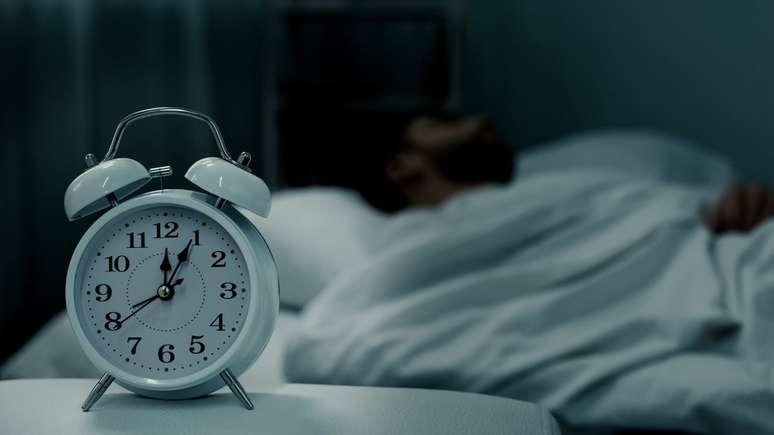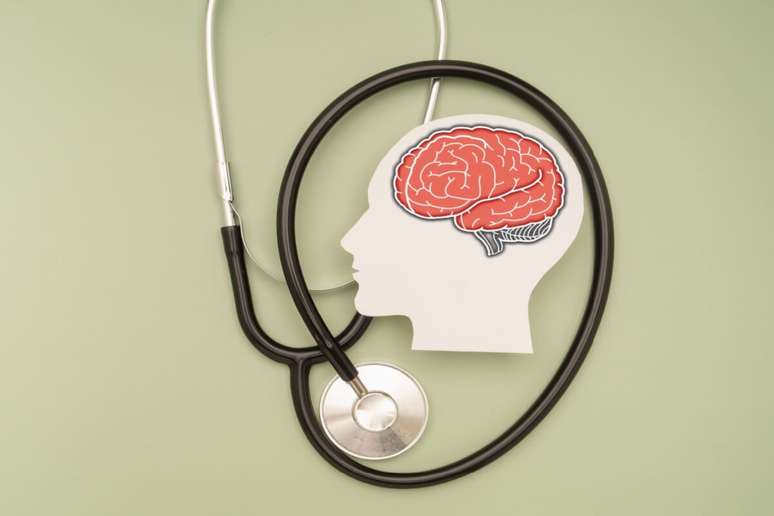Understand how plastic can influence the cycle of human sleep; The research conducted in Norway explains the details
Did you know that plastic can interfere with your sleep and coffee? This point was completed by research conducted by Norwegian University of Science and Technology. According to the results, some chemicals present in the material may interrupt natural sleep and body wake cycle. Like coffee, the situation can increase the risk of sleep disorders, diabetes, cancer and immunological problems.
How did the study conducted?
As disclosed by ‘The guardian‘The study was conducted in human cells in the laboratory, which showed that plastic has highly toxic compounds. The presence of PVC and polyurethane in various products has been analyzed, by toys for children to food packaging. The effect on the body can be compared to caffeine.
For the first time, they discovered that plastic chemicals cause damage to the body’s biological clock, delaying it within 17 minutes. The changes in the circadian cycle, which regulates the warning status according to the day light, can cause a greater risk of obesity, dementia and cardiovascular diseases.
How do these substances act on the body?
The study discovered that the effects of these substances on the adenosine receptor – a fundamental component in controlling the biological clock. This process acts like caffeine, which disable the receiver and maintains the human awake for longer. The problem is that the more physiological processes of the body delay, the greater the negative effects on health.
“We still don’t know the meaning of this, and you can say:” Oh, it’s only 15 minutes, so it’s not a big problem. “But the biological clock is so strictly controlled that it represents a significant change”.explains Martin WagnerCo -author of the research, in an interview with The Guardian.
What is the sleep cycle?
The sleep cycle consists of four phases that are repeated all night, with an average duration of 90 to 100 minutes each. These include light sleep (phases 1 and 2), deep (stage 3) and Rem (rapid movement of the eyes), which is associated with the consolidation of dreams and memory. According to the website Mundo educationDuring a typical night, a person goes from four to six complete cycles, for a total of about 6-9 hours of sleep. Each phase plays an essential role in the physical and mental recovery of the body.
The circadian cycle, also known as biological clock, is a natural pace of about 24 hours that regulates various body functions, including sleep and waking. Controlled by the overrcking nucleus of the hypothalamus, it responds mainly to light and darkness, influencing the production of hormones such as melatonin and cortisol. Exposure to light during the day stimulates the production of cortisol, promoting vigilance, while the darkness at night increases the production of melatonin, inducing sleep. Keeping regular sleep habits and adequate exposure to natural light is essential for the health of the circadian cycle.
Source: Terra
Ben Stock is a lifestyle journalist and author at Gossipify. He writes about topics such as health, wellness, travel, food and home decor. He provides practical advice and inspiration to improve well-being, keeps readers up to date with latest lifestyle news and trends, known for his engaging writing style, in-depth analysis and unique perspectives.







-sok3urr85fed.png)

